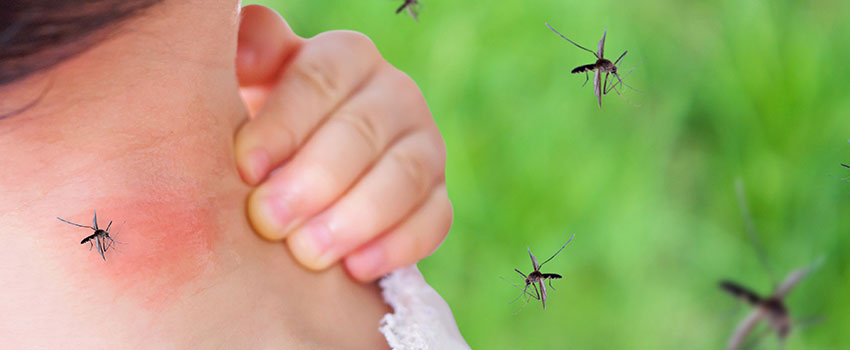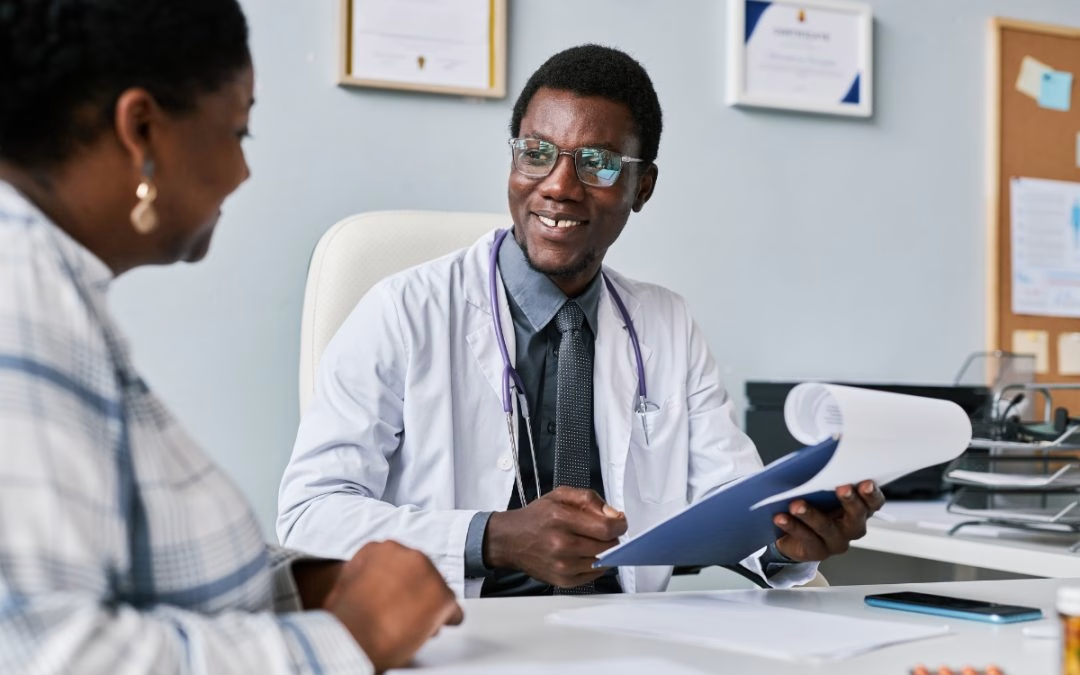
As much as we don’t want them to be, bug bites are common during this time of year. And, they often happen when we least expect them.
Even though bug bites or stings can be painful and startling, the majority of them shouldn’t cause any real concern. Our AFC Urgent Care Knoxville team further explains below, so keep reading!
What Should I Do to Treat a Bug Bite or Sting?
If you get bitten or stung by an insect, don’t panic. All you need to do at first is to wash the sting or bite site with soap and water and place a cold compress (like a damp rag) over the area to reduce the swelling. Also, if you’re in pain or are concerned about the swelling, take an OTC painkiller or anti-inflammatory.
It’s also important to note that once the bite begins to heal, it can sometimes blister or turn into something that looks like a pimple. If those happens, don’t try to pop it. Popping a bug bite can cause it to become infected, which can cause further issues.
Ways to Prevent Bug Bites or Stings
- Use insect repellent. To protect against bugs like mosquitoes and ticks, use insect repellent that contains 20 to 30% DEET on exposed skin and clothing, according to the American Academy of Dermatology Association.
- Wear appropriate clothing. If you are worried about getting bitten by mosquitoes or stung by some other type of insect, wear clothes that cover your arms and legs, like long sleeves, pants and closed-toed shoes instead of sandals.
- Limit activities that increase your risk. Activities like hiking, camping, doing yard work and visiting farms and forested areas all put you at a greater risk of getting stung or bitten.
When Should I Be Seriously Concerned About a Bug Bite?
Although most bug injuries aren’t serious, it is true that some are or can become serious.
When you experience the symptoms we’ve listed below, seek medical treatment ASAP. The most concerning symptoms, like swelling around the mouth and trouble breathing, signify allergic reactions, which can be extremely dangerous and even deadly.
Emergency Bug Bite Symptoms
- Trouble breathing
- Swelling of the lips, face, eyelids or throat
- Dizziness, fainting or unconsciousness
- A weak and rapid pulse
- Hives
- Nausea, vomiting or diarrhea
We’re here to care for all of your non-emergency medical needs! Don’t hesitate to stop by our AFC centertoday.


